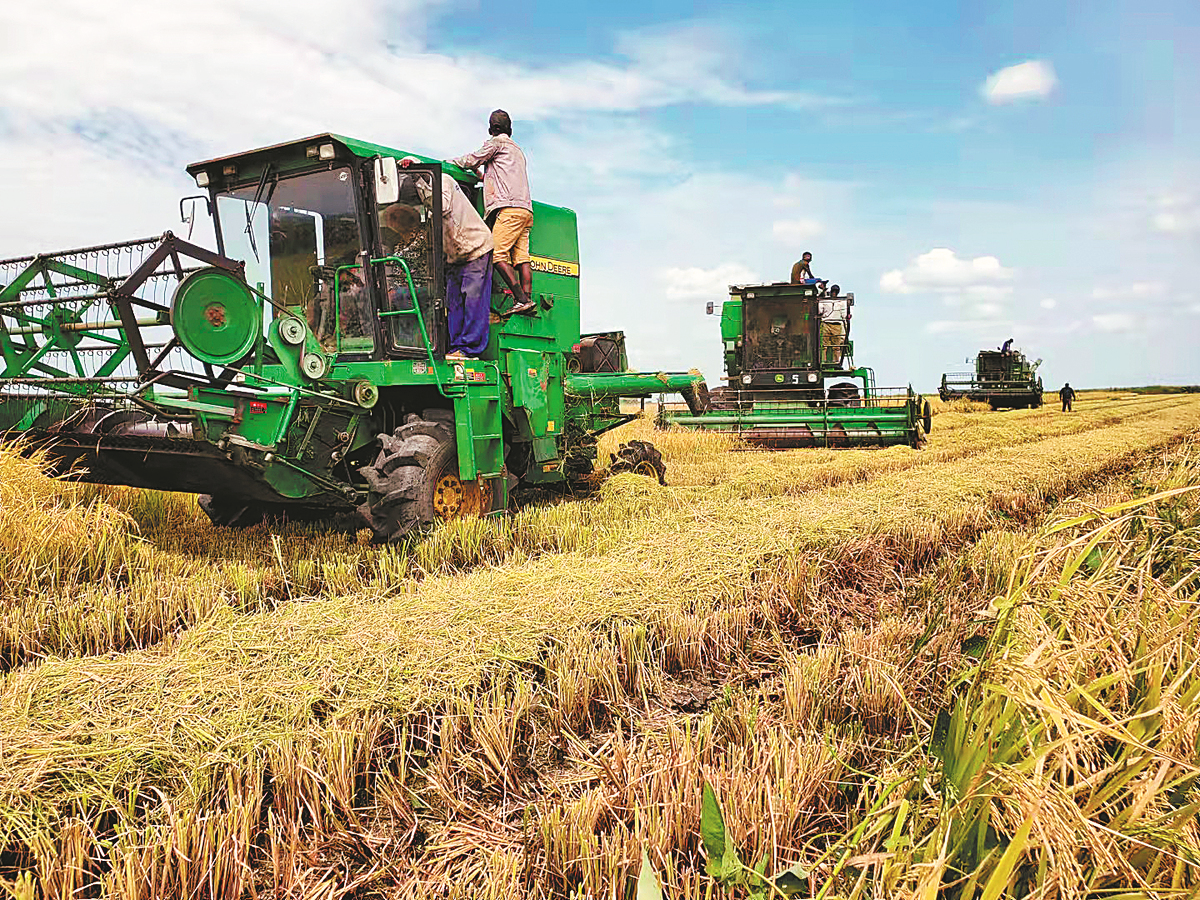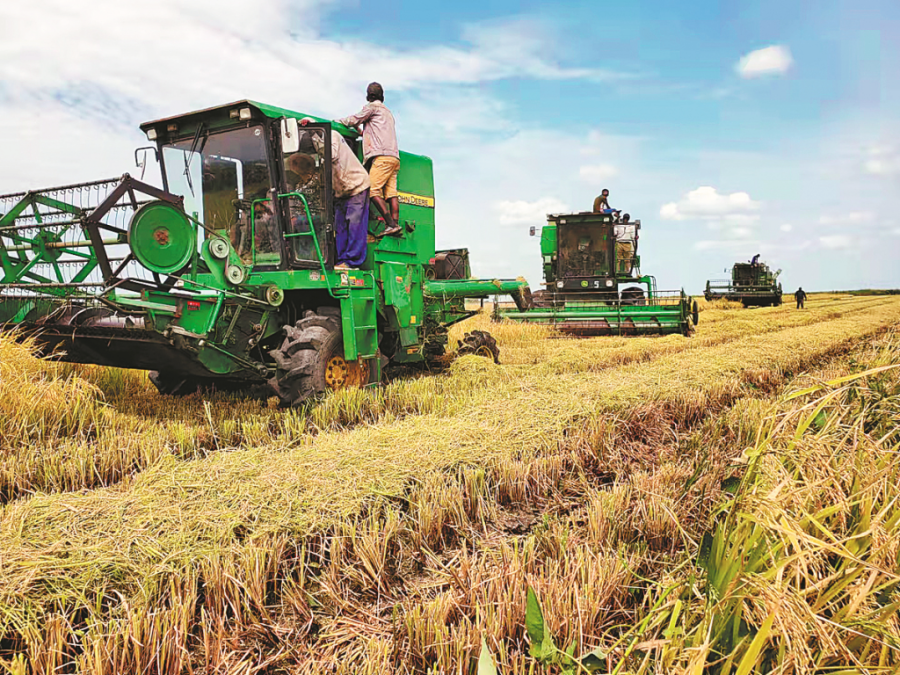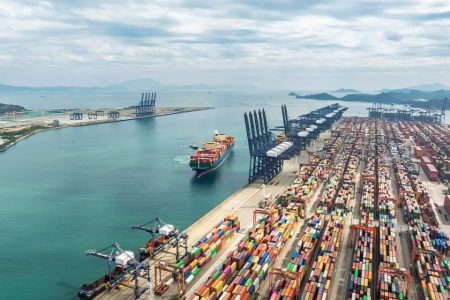China Railway 20 Bureau Group Corp (CR20G), a subsidiary of state-owned China Railway Construction Corp, is playing an increasing role in supporting Mozambican agriculture.
Guo Wei, CR20G’s country head for Mozambique operations, said that by the end of June, the project had completed harvesting rice for the 2020-21 season, with a harvested area of 2,400 hectares, yielding 16,600 metric tons of rice. All of the harvest has been sold in local markets, he added.
Backed by the China-Africa Development Fund, CR20G built a rice processing plant in Xai-Xai, capital of Gaza province, Mozambique, in 2017. The company has been running this project, China’s largest rice planting project on the continent, for more than four years.
According to officials, CR20G has helped farmers in Mozambique and other African nations achieve stable and high yields by introducing China’s practical agricultural technologies and applying modern machinery for more than half a decade.
Speaking at a conference on prospects for China-Africa agricultural ties, Zhang Jianping, director-general of the China Centre for Regional Economic Cooperation in Beijing, said China’s growing outbound direct investment in high-end manufacturing, agriculture, digital and innovation businesses is likely to lead a new round of “going global” for domestic companies.
Nie Fengying, deputy director of the Agricultural Information Institute of the Beijing-based Chinese Academy of Agricultural Sciences, said that based on the institute’s latest study, both the output and consumption of various grain and livestock products in China will continue to increase over the next 15 years.
“China’s imports of rice, soybeans, beef and dairy products will grow during this period, while imports of wheat, corn, pork and poultry will decline,” said Nie, according to Xinhua.
China saw imports of agricultural products surge 12.3 per cent to RMB 1.07 trillion (US$167.67 billion) in the first three quarters of 2021, including RMB 160.79 billion worth of meat and RMB 102.08 billion worth of grain, said the General Administration of Customs.
Peng Yanjun, deputy director-general of the department of international cooperation at the Ministry of Agriculture and Rural Affairs, said that because the increasingly complex international investment environment has presented more difficulties for domestic companies to pursue “going global” strategies, trade in agricultural services is a practical option to meet Chinese firms’ demand to invest in overseas agricultural projects.
By providing full-process solutions for agricultural production in other parts of the world, this move will drive China’s products, funds and technologies to be used overseas and expand the supply of staple foods as well as promote the upgrading of agricultural production in host countries, Peng added.






